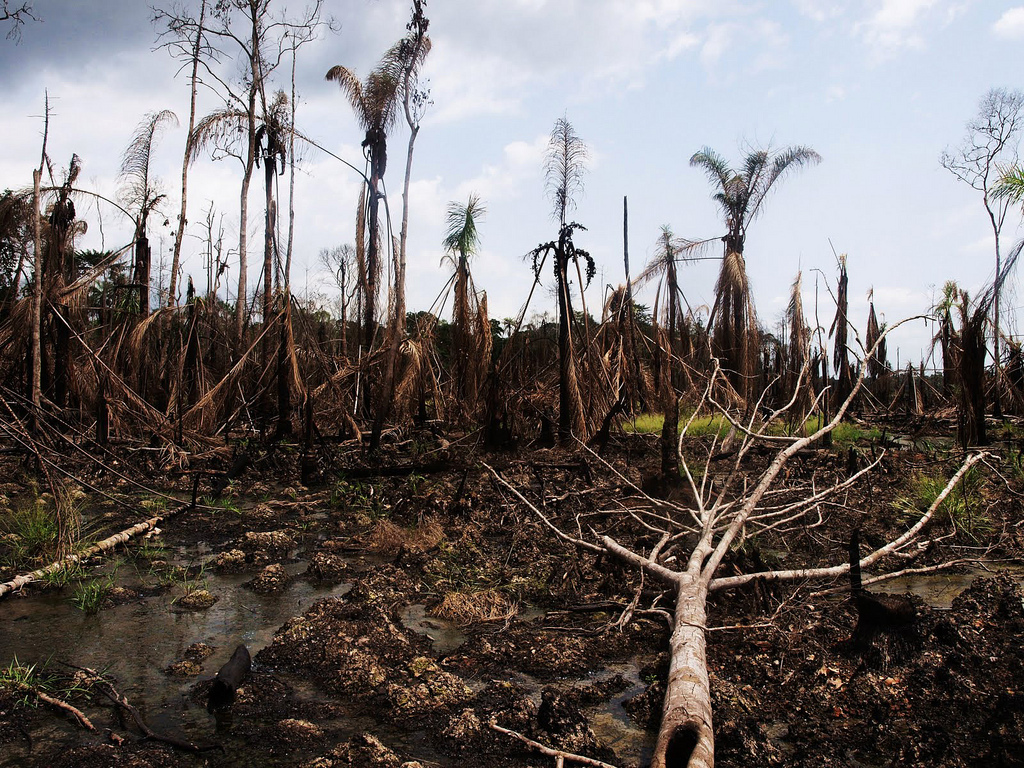Nigeria’s minister of environment, Suleiman Hassan Zarma and other senior government officials are on a working visit to the United Kingdom for the successful clean-up of Ogoni oil spill.
It was gathered that the trip was facilitated by the United Nation Environment Programme (UNEP) to enable the delegates to understand global best practices in the remediation of other sites contaminated by oil pollution across the country.

Members of the governing council of Hydrocarbon Pollution and Remediation Project (HYPREP) who are part of the tour are expected to visit five sites in the United Kingdom — Biogénie’s Trecatti and Redhill soil treatment facilities in South Wales and South East England respectively, the Coed Darcy regeneration project in South Wales, the former Avenue Coking Works in the East Midlands, and ALS Laboratories in North West England.
The sites would provide an opportunity for HYPREP’s governing council to witness the redeveloped land. Around three-quarters of the site were restored for open space, community and ecological uses, while the remaining areas were used for residential and commercial purposes.
According to a statement signed by the ministry’s director of press, Mr Saghir Mohammed, the visit would also enable the delegates to observe an extensive range of in-situ and ex-situ remediation techniques, such as soil washing, bioremediation, thermal desorption, separating techniques, and among others.
It was envisaged that these demonstrations and visits would build HYPREP’s capacity to reuse and recycle many sites and worn-out materials, thereby contributing to the sustainability of the clean-up exercise.
” The delegates, expected to visit the Chester laboratory in north-west England would focus on quality, accreditation, sample preparation, analysis of petroleum hydrocarbons, reporting, and interpretation of analysis,” Mohammed’s statement revealed.
During the tour, they are expected to identify the aspects that could be replicated in Nigeria in order to increase the overall quality of indigenous laboratories.
UNEP’s 2011 assessment of Ogoniland revealed that bringing back important ecosystems to full productive health could take up to 30 years. The report had recommended that a $1 billion should be set aside for the first five years of remediation activities. Upon completion, the clean-up of Ogoniland could serve as a model for replication in both Nigeria and the region.
Experts had stated that the restoration of Ogoniland initiated by the federal government could prove to be the world’s most complex and longest oil clean-up exercise ever undertaken. This is why UNEP in its 2011 assessment report highlighted the severe and widespread contamination due to oil production spanning several decades.

Leave a Reply
You must be logged in to post a comment.